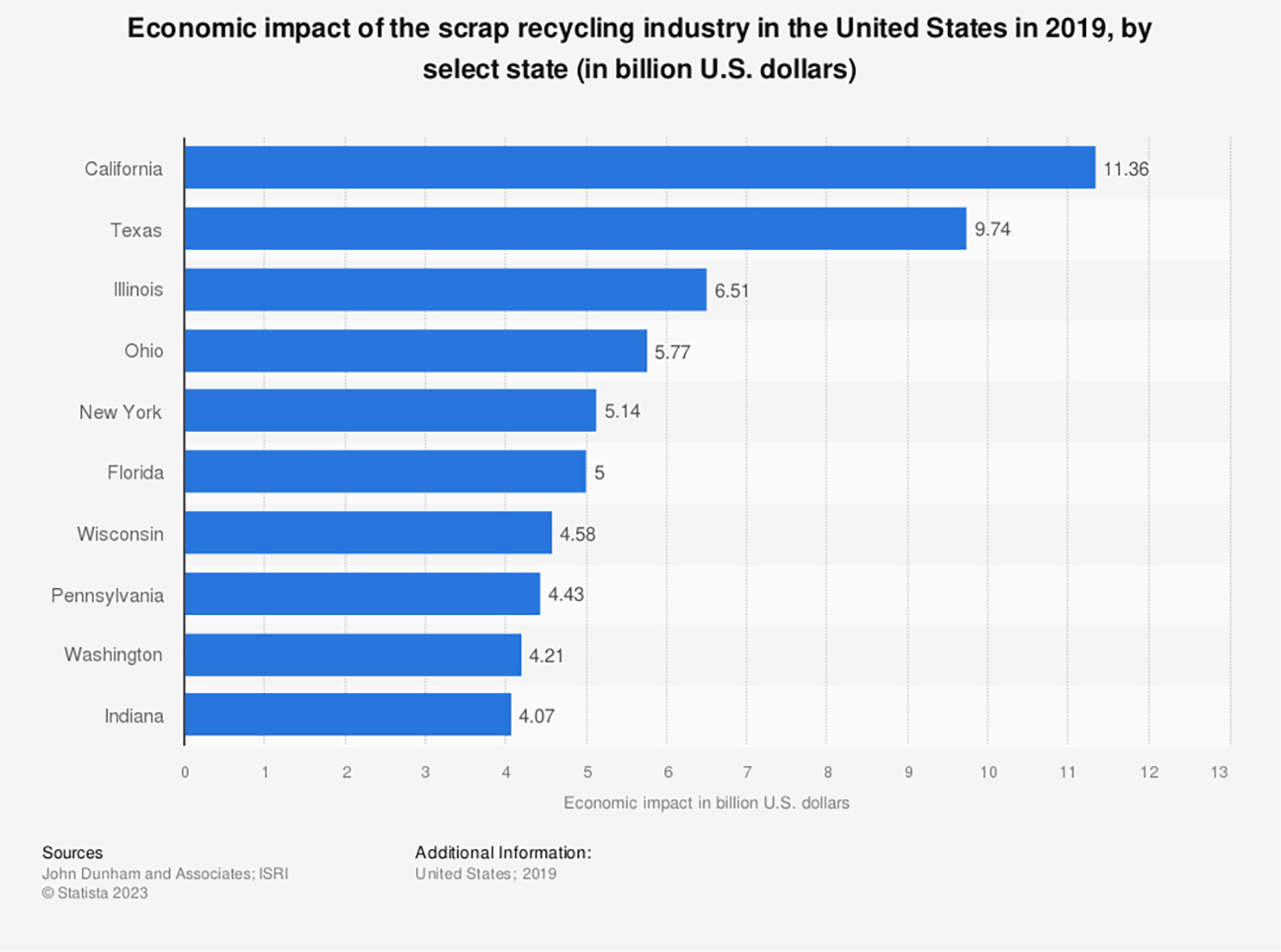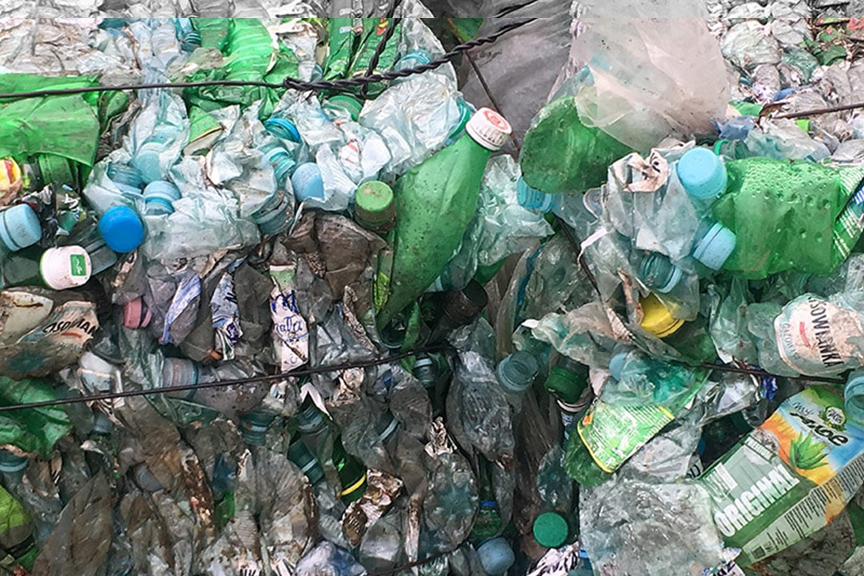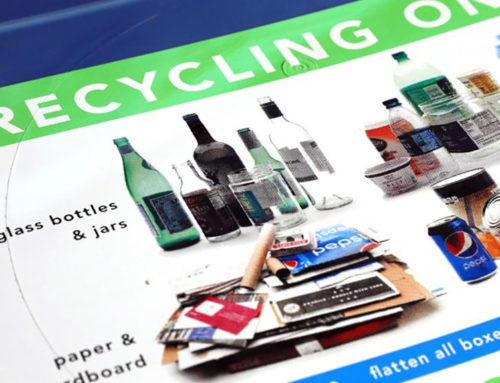Across the United States, states and municipalities are increasingly realizing the multifaceted benefits of recycling. Recycling not only has significant environmental and social advantages but also holds the potential to spur economic growth. This win-win mindset is echoed at the federal level, with the Environmental Protection Agency’s 2019 National Framework for Advancing the U.S Recycling System emphasizing the need for greater collaboration with state recycling market initiatives.
To comprehend the overarching economic effects of existing programs and to lay the foundation for future development, the American Institute for Packaging and the Environment (AMERIPEN) has unveiled a groundbreaking study, titled “Economic Impact of State Recycling Market Development: 1990-2023.” This comprehensive research endeavor was conducted and analyzed by John Dunham & Associates (JDA).
Exploring State Recycling Market Development
AMERIPEN’s latest study marks the first in-depth exploration of the overall impact of state recycling market development. It delves into the initiatives that states have undertaken over the past three decades to create or expand markets for recycled materials. These initiatives encompass identifying novel applications for materials, developing innovative technologies and processes to enhance recycling efficiency and cost-effectiveness, and ultimately striving to reduce waste, conserve natural resources, and promote sustainable economic growth.
Kyla Fisher, Program Director for AMERIPEN, explains that “recycling market development centers” have become a prominent feature of these efforts. These centers connect state resources, primarily environmental and commerce departments, with private-sector entities to advance recycling success. They support businesses that employ recycled materials, identify and overcome barriers to the growth of recycling markets, and play a pivotal role in fostering sustainability. Fisher highlights that as of 2023, there are seven state-specific programs and two regional collaboratives operational in the United States, involving a total of 19 states engaged in various forms of development programs.
About the Study
Despite the proliferation of economic development centers across the nation, there has been a notable gap in assessing the cumulative economic impact of all state recycling market development programs. AMERIPEN’s study aims to bridge this gap by scrutinizing 24 industries heavily reliant on recycling over the past 33 years, with a predominant focus on packaging and related materials. The study examines the breakdown of recyclable materials and analyzes patterns across these materials in the 19 different states that have their development programs or participate in regional efforts, in contrast to states lacking documented recycling market development programs.

Key Findings
JDA’s analysis reveals that recycling market centers have contributed to the generation of nearly 260,000 full-time equivalent (FTE) jobs over the past three decades. When state supplier data and other impacts are factored in, this number surges to 990,000 FTE jobs during the same period. These businesses have paid their employees’ wages and benefits amounting to nearly $22.2 billion, and they have spurred economic activity exceeding $89.5 billion.
The study ultimately affirms that recycling market centers exert a positive influence on recycling-related industries within a state’s economy. Analogous to other state-level economic development programs, incentives such as grants, tax relief, technical services, and support for research and development can effectively encourage recycling-dependent businesses to establish themselves in specific areas.
Dan Felton, AMERIPEN Executive Director, underscores the importance of the study’s findings, stating, “AMERIPEN’s study highlights the valuable work undertaken to expand markets for recycled materials. It’s evident that when state centers collaborate with industry to channel resources to areas in need, everyone can benefit collectively. We hope that this study will stimulate the establishment of even more recycling market centers nationwide and foster further discussions on recycling market development’s role within current conversations on packaging producer responsibility, also known as EPR for packaging.”
John Dunham, Managing Partner of JDA, encourages state agencies and readers to consider the report as a steppingstone for further assessment. He notes, “Additional studies could delve even deeper, and it’s an opportune time to encourage state and federal agencies to explore how we can better assess these programs, evaluate best practices, and demonstrate their value.”






